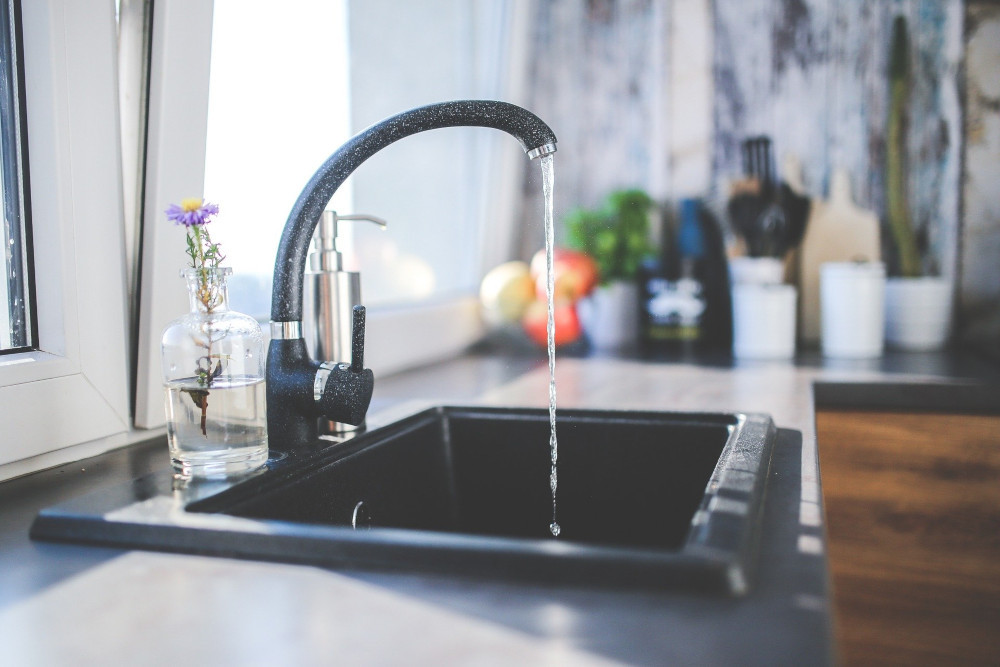Pender County issued the following announcement on Mar. 2.
After a comprehensive review, the Department of Environmental Quality has sent a letter today directing Chemours to expand the scope and detail of its proposed interim sampling and drinking water plan for New Hanover, Brunswick, Columbus, and Pender counties.
“The interim plan is insufficient and does not include the necessary steps to adequately determine the extent of Chemours’ contamination in the downstream communities,” said DEQ Secretary Elizabeth S. Biser. “Chemours must contact residents directly, sample more wells, and proceed more quickly to address contaminated drinking water.”
The interim sampling plan was submitted on February 1, in response to the department’s November 3, 2021 Notice. In that notice, DEQ determined that Chemours is responsible for groundwater contamination in New Hanover County and potentially Pender, Columbus, and Brunswick counties. DEQ directed Chemours to expand the off-site assessment required under the 2019 Consent Order to determine the extent of the contamination, and conduct sampling of private drinking water wells to identify residents who may be eligible for replacement drinking water supplies.
DEQ has identified seven areas in which the interim sampling and drinking water plan is deficient, and is requiring Chemours to submit a revised plan within 30 days. The revisions must include, but are not limited to:
- Expanding eligibility criteria of private wells to be sampled.
- Starting sampling within 45 days.
- Directly contacting eligible private well owners.
- Using a data-driven approach to broaden private well sampling, not limited to 200 per county and not limited to residents who have requested sampling.
- Including other property types for sampling where a private well is used as the primary source of drinking water, including schools, day care centers, churches, mobile home parks and others.
- Providing bottled water to impacted residents within three days of receipt of sampling results and providing replacement drinking water supplies as required in Paragraphs 19 and 20 of the Consent Order.
- Describing a proposed step-out or other approach to drinking water sampling based on the received results.
Original source can be found here.





 Alerts Sign-up
Alerts Sign-up